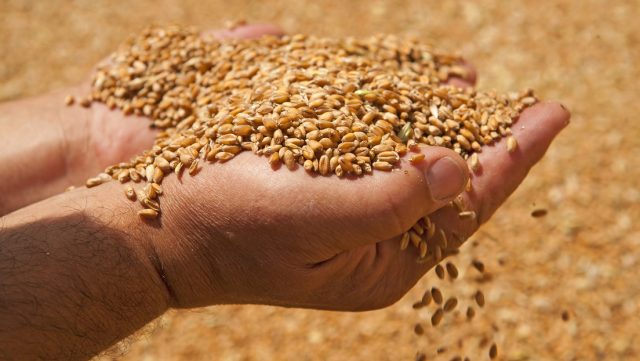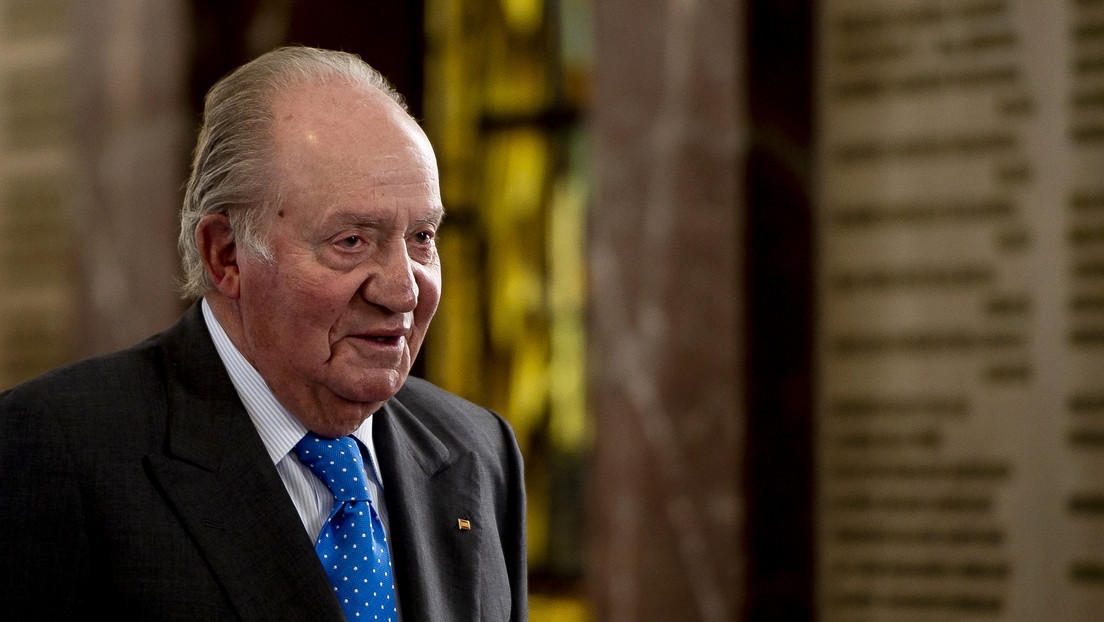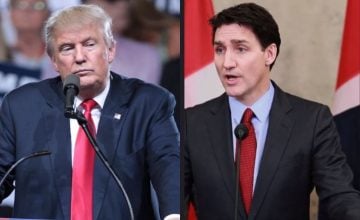The food security situation in the world continues to worsen, and is reflected not only in political speeches, but, and first of all, in real figures. Thus, the director of the analytical company Gro Intelligence, Sara Menker, warned on May 19, in her report to the UN Security Council that the wheat reserves in the world are about 10 weeks away from being exhausted.
The causes of the current food crisis are not only reduced to the current conflict between Russia and Ukraine, (key countries in the supply of this and some other food supplies) and the consecutive anti-Russian sanctions by the West, but also include the adverse effects of the covid-19 pandemic, the disruption of supply chains, as well as extreme natural phenomena, among others.
Wheat prices on the rise
On May 16, wheat prices in Europe set a record high after shooting up to 456.68 dollars per tonne on the Euronext stock market, according to the AFP agency. On the same day, wheat futures contracts on the Chicago Stock Exchange, at some point, stood at 12.47 dollars per bushel (a unit of measure for grains, equivalent to about 27 kilograms). The media specified in its article that global cereal prices have grown by 40% since the start of the fighting in Ukraine.
However, experts indicate that the current crisis did not begin after the start of the Russian military operation in Ukraine. «I want to start by saying explicitly that the war between Russia and Ukraine did not start the food security crisis. It just added fuel to the fire that had already been burning for a long time», Menker said in her report to the UN Security Council.
“A crisis from which we detected tremors long before the coronavirus pandemic revealed the fragility of our supply chains. I share this because we believe it is important for all of you to understand that even if the war ends tomorrow, our food security problem is not going to go away any time soon without concerted action», emphasized Menker.
According to her, the situation is worse than in 2007 and 2008, and currently there are five challenges that occur simultaneously: lack of fertilizers, climatic disturbances, minimum inventories of cooking oils, minimum inventories of cereals and logistical bottlenecks.
David Beasley, executive director of the UN World Food Program (WFP), echoed Menker’s alarms, indicating that the current crisis is already leading to protests and riots in Sri Lanka, Indonesia, Pakistan and Peru. «We have already seen destabilizing dynamics in the Sahel from Burkina Faso, Mali, Chad… they are just signs of what is to come», he said at the same Security Council session.
Other disturbing data is revealed in a report by the Eurasia Group and DevryBV Sustainable Strategies, published on May 23, where it was concluded that with a 95% probability, the number of individuals in conditions of food insecurity will grow between 142-243 million. until November. This index stood at 1,600 million people by the middle of this May.
India: heat and ban on wheat exports
One of the factors that contributed to the worsening of food security, and with wheat in particular, was the extreme heat wave that hit India in late April and early May. Temperatures reached almost 50 degrees.
In addition, the Indian authorities decided to ban the export of wheat in view of the «sudden increase in world wheat prices» which was recorded by «numerous factors that endanger the food security of India, neighboring countries and other vulnerable countries» .
Who’s fault is it?
Western leaders blame Russia for the current crisis, pointing out that Moscow has blockaded Ukrainian ports on the Black Sea, preventing Kyiv from exporting its wheat. In particular, US Secretary of State Antony Blinken estimated that the food supply for millions of people around the world «has literally been held hostage by the Russian military».
In this sense, he blamed Moscow for using food as a weapon to meet the objectives of the military operation, while pointing out that 20 million tons of grain remain unused in Ukrainian silos.
Among other statements, those of the German Foreign Minister, Annalena Baerbock, stand out as she lashed out at Russia on May 14 for waging «a grain war», warning that the world may face a «brutal famine».
For his part, Russian Foreign Minister Sergey Lavrov stated that Moscow’s actions «do not influence in any way the food problems in the world», and that the difficulties with supplies arose from «the imposition by the West of illegitimate sanctions» (for example, the prohibition of entry to ports for Russian ships); situation that is complicated by the mining of the ports by Ukraine. Furthermore, he pointed out in another speech, that the food crisis was created «solely» by the efforts of the West.
Meanwhile, President Vladimir Putin stated that Western sanctions against Russia «largely led to» a global crisis. Furthermore, he underlined that the poorest countries on the planet already face a threat of famine. The president stressed that «the blame for this falls entirely on the elites of Western countries».
Ways to solve the wheat crisis
UN Secretary General Antonio Gutteres called on May 19 to reintegrate Ukraine’s agricultural production, food and fertilizers from Russia and Belarus into the world market. In this sense, he assured that the institution is working to reach an agreement that allows the return of Ukrainian supplies through the Black Sea, while Russian products will reach their recipients without restrictions.
Meanwhile, Russia’s permanent representative to the UN, Vasili Nebenzia, stressed that Ukrainian wheat is transported out of the country by rail, as well as by barge on the Danube. «Where is it going? We have a reasonable suspicion that this grain is not going to meet the hungry needs of the global south, but is instead pumped into the granaries of European countries. We understand that Ukraine is paying for Western-supplied weapons», he stressed.
For his part, Putin indicated this Thursday, in his telephone conversation with the Italian Prime Minister, Mario Draghi, that Moscow is willing to contribute «in an important way» to the solution of the food crisis, exporting cereals and fertilizers, as long as the sanctions imposed by some countries as a result of the Russian operation are lifted.
In addition, the Russian Ministry of Defense reported, on the same day, about the daily opening of a humanitarian corridor in the Sea of Azov for the departure of foreign ships from the city of Mariupol (Donbass) and organized another route for the departure of foreign ships from Ukrainian ports on the Black Sea.
Despite calls from Gúterres, the Administration of US President Joe Biden, assured that they are not going to relax the sanctions imposed against Moscow, because they are not behind the rise in food prices.
Along the same lines, the State Department spokesman, Ned Price, assured that «the restrictions are not causing interruptions to Russia’s agricultural exports» and added that «they were designed specifically to allow the export of agricultural products and fertilizers from Russia».












